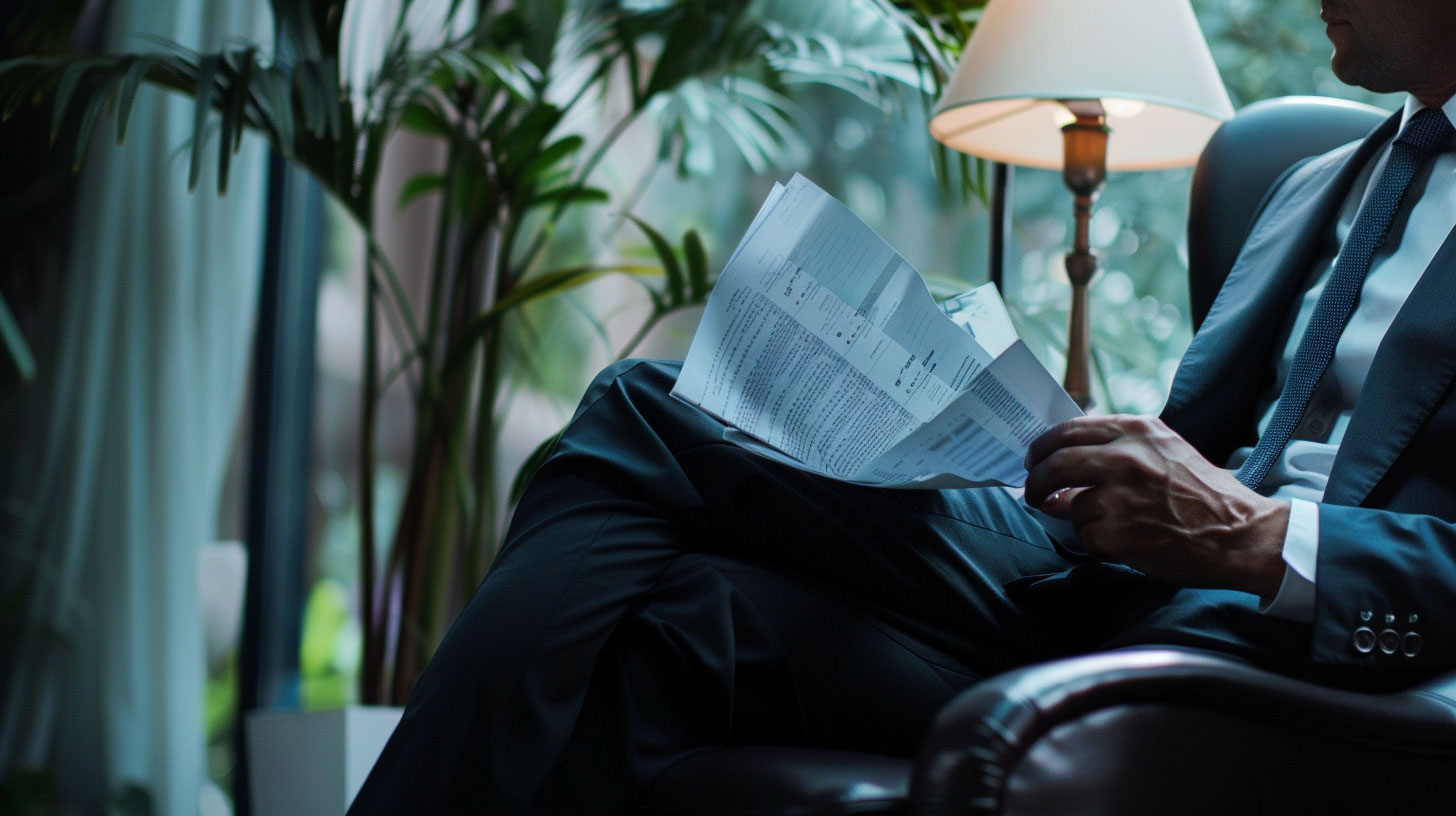Turkmenistan, a Central Asian nation rich in natural gas reserves and cultural heritage, has faced various hurdles in reforming and modernizing its criminal justice system. This article will delve into the complexities of Turkmenistan’s criminal justice system, examining the challenges it faces, the steps taken towards reform, and the broader context of governance and economic landscape in the country.
Overview of Turkmenistan’s Criminal Justice System
The criminal justice system in Turkmenistan is designed around a civil law framework that includes the Constitution, the Criminal Code, and various other pieces of legislation and procedural norms. Law enforcement agencies, courts, and corrections institutions form the backbone of this system. The country’s Constitution enshrines foundational principles such as the presumption of innocence and the right to legal defense.
Challenges Facing the System
Despite the foundation laid by constitutional principles, several significant challenges persist within Turkmenistan’s criminal justice system:
1. Human Rights Concerns: Turkmenistan has been criticized by international human rights organizations for its alleged practices of arbitrary detention, torture, and limitations on freedom of expression and assembly. These issues cast doubt on the fairness and transparency of the criminal justice system.
2. Judicial Independence: The judiciary of Turkmenistan is often perceived as lacking independence. Judges are appointed by the president, which some observers argue may lead to biases in judicial decisions and undermine the rule of law.
3. Corruption: Corruption is a pervasive issue that hinders the effective functioning of the judicial and law enforcement agencies. Reports of bribery and preferential treatment disrupt the equitable administration of justice.
4. Prison Conditions: Conditions in prisons and detention facilities have been the subject of numerous reports indicating overcrowding, inadequate medical care, and poor sanitation. These conditions can exacerbate the plight of detainees and contribute to human rights violations.
Developments and Reforms
Amid these challenges, there have been efforts in Turkmenistan to undertake reforms and develop the criminal justice system:
1. Legislative Reforms: Turkmenistan has periodically updated its criminal legislation to align more closely with international standards. These include amendments to the Criminal Code and other relevant laws to better protect human rights and streamline judicial processes.
2. Anti-Corruption Initiatives: The government has announced various measures to combat corruption within the criminal justice system. These efforts aim to enhance transparency and accountability among law enforcement officials and the judiciary.
3. Training and Capacity Building: Initiatives to improve the skills and knowledge of those working within the criminal justice system have been implemented. These include training programs for judges, prosecutors, and law enforcement officers on best practices and human rights norms.
4. International Collaboration: Turkmenistan has engaged with international organizations and foreign governments to gain insights and technical assistance for its criminal justice system. Collaboration with bodies such as the United Nations and the Organization for Security and Co-operation in Europe (OSCE) has provided platforms for exchanging knowledge and best practices.
Context of Governance and Economic Landscape
Turkmenistan’s journey towards reforming its criminal justice system cannot be viewed in isolation from its broader governance and economic context. As a nation rich in natural gas resources, Turkmenistan’s economy is heavily dependent on energy exports. The economic structure presents both opportunities and challenges for governance and the criminal justice system.
Governance and Political Environment: Turkmenistan’s political system is characterized by a strong executive branch led by the president, who holds significant powers. This centralized control impacts all aspects of governance, including the criminal justice system. While this centralization can facilitate rapid decision-making and implementation of reforms, it also risks perpetuating issues related to judicial independence and accountability.
Business Environment: The business environment in Turkmenistan is evolving, with the government taking steps to diversify the economy and attract foreign investment. The legal framework for businesses is also undergoing modernization to improve the investment climate. However, transparency and regulatory challenges persist, which can intersect with the criminal justice system in instances of commercial disputes and white-collar crimes.
Conclusion
Turkmenistan’s criminal justice system stands at a crossroads, grappling with deep-rooted challenges while making strides towards meaningful reforms. The interplay between human rights, judicial independence, corruption, and governance shapes the landscape of justice in the country. As Turkmenistan continues its journey, a sustained commitment to transparency, accountability, and international collaboration will be essential in ensuring a fair and just criminal justice system that aligns with global standards and upholds the rule of law.
Suggested related links about Turkmenistan’s Criminal Justice System: Challenges and Developments:
Human Rights Watch
Amnesty International
United Nations Office on Drugs and Crime
Organization for Security and Co-operation in Europe
Freedom House
